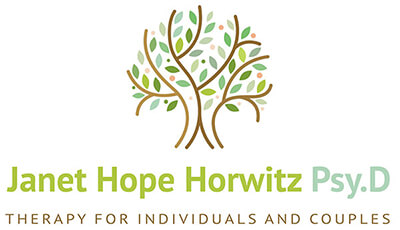The Gift of Self-Compassion
The curious paradox is that when I accept myself just as I am, then I can change. ~ Carl Rogers
What is self-compassion?
The gift of self-compassion is a sense of self-worth – of loving and accepting ourselves simply for who we are. It is not based on whether we meet certain socially dictated standards of worth such as beauty or intelligence. This love involves embracing who we are as unique individuals with our own particular quirks and distinctive sets of strengths and weaknesses.
How does self-compassion differ from self-esteem?
Self-esteem is a sense of valuing ourselves based on external characteristics and accomplishments. For example, some people may place a high value on their appearance, achievements, certain skills or talents, social status, or their net worth. Self-esteem is less stable than self-compassion because it is dependent on whether we succeed or fail and other external circumstances which are so often not under our control.
Why is Self-Compassion so Important?
People who do not have a great sense of self-compassion are much more susceptible to becoming anxious or depressed when they go through rough periods in their lives. They are less able to manage stress. When your love for yourself is not so conditional, you are more resilient in the face of failure or during difficult times. When you do not view failure as defining who you are as a whole person, you are more able to see it as an opportunity to learn and grow from the experience even if it is painful.
How Can We Develop Greater Self-Compassion?
When we come to truly appreciate the universality of suffering- that we are not alone in experiencing pain, in being imperfect, in experiencing failure – that life is hard and that we are all in this together, we experience greater self-compassion. One of my favorite quotes comes from the famous Psychologist, Harry Stack Sullivan who said very simply, “We are all more human than otherwise.”
We have to avoid comparing ourselves to others. It is so human to do this, but it is one of the best ways of undermining our confidence. It is unfair to make comparisons with others as everyone comes into the world with very different experiences which have formed them. We are all affected by so many outside forces that we do not have any control over, like our early childhood experiences, parenting, the circumstances that we were born into, among many other factors. We all do the best we can in life, based on all of these influences.
In order to develop greater self-compassion, we also need to learn how to sit with ourselves in our suffering – to be with our emotions. Sometimes the fear is that if we experience painful emotions, we will be overwhelmed or unable to function. We distract ourselves through constant activity and engage in various forms of addictive behavior to numb ourselves. The tragic part of this is that if we do not feel our pain then we are not in a position to comfort ourselves and heal. We would not think of ignoring a child or loved one in distress or tell them to “put a lid on it”. Yet this is exactly what we do to ourselves.
As we learn to acknowledge and embrace all of our emotions and thoughts, without judgment, our ability to love ourselves unconditionally increases. There are a myriad of ways for us to cultivate our ability to tolerate our emotions and learn to love ourselves. For example, adopting a daily meditation practice; writing or journaling as a way to discharge and work though emotions; confiding in a small group of supportive, trusted friends, or just being kinder to ourselves in life.
Various forms of psychotherapy and other healing arts are invaluable in helping people process painful emotions. In therapy, I teach people to become more attuned to and tolerant of their emotions using a time-tested technique called Focusing (Breaking Through Mental Blocks: Experiential Focusing). So often I find that my clients only really progress in therapy when they begin to accept themselves more. Through empathic listening, the therapist provides a safe space in which the client develops an understanding of the source of their struggles which replaces self-judgement. From that vantage point, the client is then able to decide for themselves what is truly important to them in life, feels more deserving, and confident in going after it.

